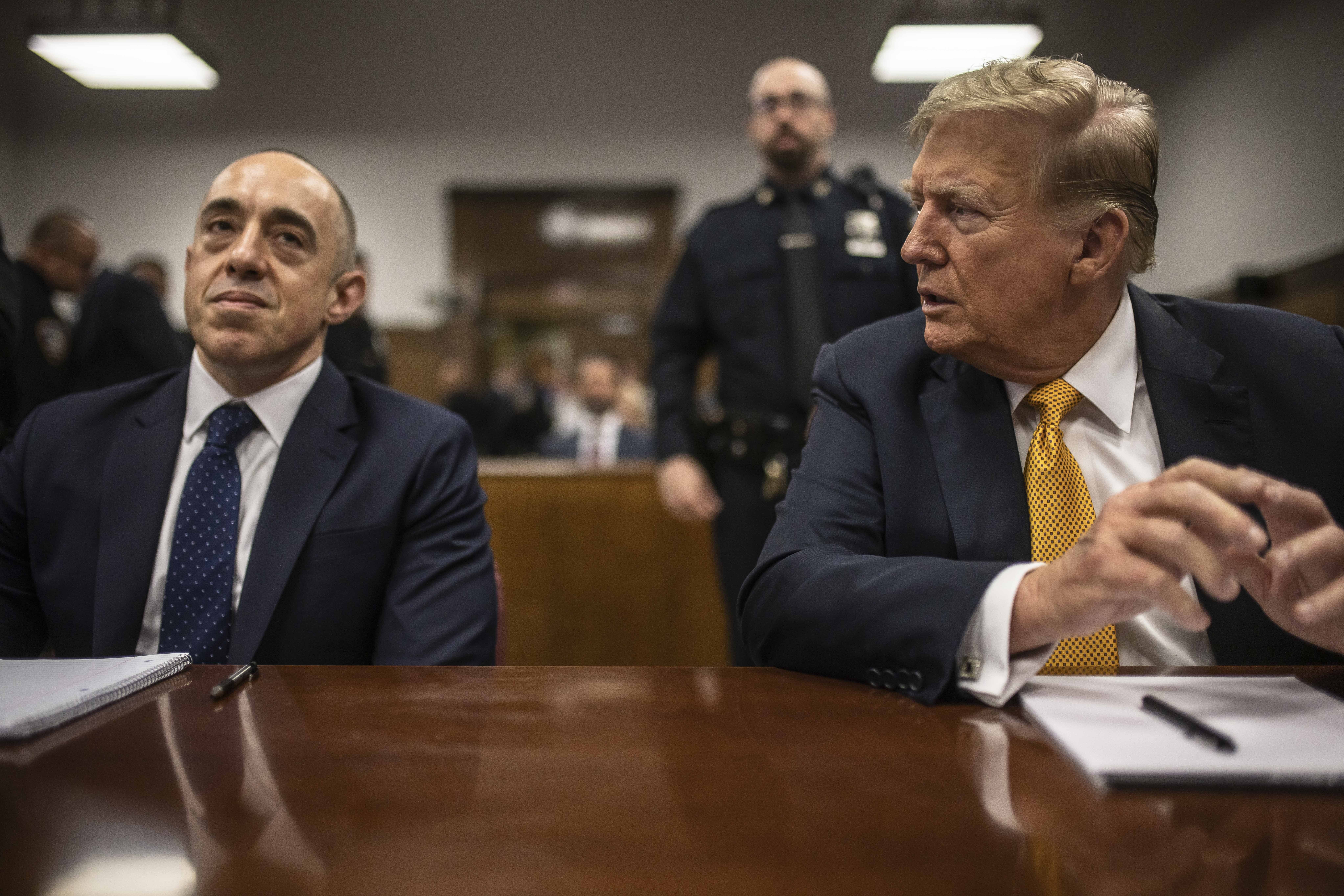Crypto giant's bankruptcy puts industry in Washington's crosshairs
Regulatory agencies around the world are circling the exchange and departing CEO Sam Bankman-Fried in the aftermath of a trading scandal.


Failed crypto exchange FTX filed for bankruptcy Friday and announced its CEO Sam Bankman-Fried had resigned, capping a tumultuous week in which the company's rapid collapse upended digital asset markets and rocked Washington.
FTX filed for Chapter 11 bankruptcy in the U.S., meaning it will try to restructure its ailing business. The company — once one of the world’s largest crypto trading platforms — halted customer withdrawals earlier this week after hints of financial instability triggered a run on the exchange.
“The immediate relief of Chapter 11 is appropriate to provide the FTX Group the opportunity to assess its situation and develop a process to maximize recoveries for stakeholders,” John Ray III, the company’s new CEO, said in a press release.
The bankruptcy filing was poised to deal another blow to the crashing crypto market and further destroy the industry’s standing in Washington, where FTX and political megadonor Bankman-Fried in recent months led a campaign to influence emerging laws and regulations. As regulators around the world circle FTX and Bankman-Fried, the controversy threatened to derail bipartisan crypto legislation the company championed. Crypto startups with ties to FTX have also suffered disruptions to their operations.
The bankruptcy filing indicates that Bahamas-based FTX and more than 130 affiliates and subsidiaries, including Bankman-Fried’s investment firm Alameda Research, have between $10 billion to $50 billion of liabilities versus $10 billion to $50 billion of assets. The company disclosed more than 100,000 creditors, which likely include customers, and indicated that funds will be available for them.
Bankman-Fried will “assist in an orderly transition,” according to FTX. The 30-year-old former billionaire saw his fortune wiped out this week.
FTX’s U.S. operation, which Bankman-Fried claimed Thursday had been “not financially impacted by this shitshow,” is among the entities seeking bankruptcy protection. A source with knowledge of the situation said that “there aren’t many people left” at the company’s U.S. operation.
Top leaders at the FTX U.S. exchange — including former Commodity Futures Trading Commission Acting Chair Mark Wetjen and Ryne Miller, a one-time adviser to SEC Chair Gary Gensler when he led the CFTC — had removed FTX from their Twitter profiles on Thursday afternoon. Zane Tackett, who led institutional sales at FTX, said in a Twitter post on Thursday night that his work accounts had been deactivated without notice. Wetjen and Miller did not respond to requests for comment.
“The FTX Group has valuable assets that can only be effectively administered in an organized, joint process,” said Ray, who was also involved in winding down Enron. “I want to ensure every employee, customer, creditor, contract party, stockholder, investor, governmental authority and other stakeholder that we are going to conduct this effort with diligence, thoroughness and transparency.”
FTX did not respond to a request for comment.
The company sought Chapter 11 protection in Delaware federal court only hours after the Securities Commission of the Bahamas, where FTX is located, announced it was freezing the company’s assets.
“I’m really sorry, again, that we ended up here,” Bankman-Fried said in a Twitter post after the bankruptcy petition was filed. “Hopefully things can find a way to recover. Hopefully this can bring some amount of transparency, trust, and governance to them.”
In Washington, the policies Bankman-Fried pushed as part of a high-dollar influence campaign are coming under tremendous pressure in the aftermath of FTX’s collapse. That includes a crypto regulation bill sponsored by Senate Agriculture Chair Debbie Stabenow (D-Mich.) and Sen. John Boozman (R-Ark.), the panel's top Republican.
Boozman on Thursday night said officials were conducting a “top-down” look at the bill in light of the FTX crisis. Stabenow said the committee “remains committed to advancing the Digital Commodities Consumer Protection Act to bring necessary safeguards to the digital commodities market.” The bill, which has been positioned for a committee vote in the coming weeks, would give the CFTC oversight of crypto trading.
Lobbyists — including those representing crypto businesses — said they don’t expect the bill to get much traction this year, with other crypto businesses on the verge of collapse.
“This scandal is going to demand a wholesale rethinking about how Congress is going to approach — how everyone needs to approach — this industry,” said Jim Manley a Democratic strategist who served as an aide to the late Senate Majority Leader Harry Reid (D-Nev.). Manley does not represent crypto clients.
FTX is the latest — and largest — in a long line of crypto heavyweights that have been felled by volatile markets and questionable internal controls over the last year. David Portilla, a partner at Cravath, Swaine & Moore, said federal regulators need to use their existing authorities to step in now because the legislative process will be too slow to address the current risks.
“We can’t wait 24 months for legislation — and implementation of that legislation — to protect consumers,” he said. “There should be serious consideration of taking stopgap regulatory measures.”
One key entity whose assets are not included in the company’s sprawling bankruptcy filing is its U.S. derivatives trading platform, which has reverted to the LedgerX name it carried before it was acquired by FTX last fall.
CFTC, where LedgerX has a license, has been monitoring the chaos surrounding FTX over fears the Bahamas-based exchange’s problems could affect regulated markets in the U.S.
LedgerX on Friday withdrew a proposal it had filed with the CFTC to allow retail investors to use borrowed money to trade crypto around the clock through its derivatives platform, according to an agency source.
FTX's collapse threatened to take down other digital asset startups tied to the exchange and Bankman-Fried.
BlockFi, a crypto lending business FTX rescued from a similar market contagion this summer, announced it was suspending withdrawals late Thursday night.
Galaxy Digital, an investment firm run by former Fortress Investment Group executive Mike Novogratz, disclosed on Wednesday that it had $77 million stuck on FTX. Genesis – a crypto lending firm owned by Digital Currency Group – said on Thursday that FTX had locked it out of roughly $175 million.
Federal officials have warned for months that crypto’s highly interconnected market structure could pose risks to the financial system if it continued to grow without regulation.
“FTX’s bankruptcy underscores crypto’s structural challenges around transparency and poor risk management that, time and again, have led to losses for investors,” Fitch Ratings senior director Monsur Hussain said in a statement.
Other crypto industry heavyweights have been racing to separate themselves from FTX and Bankman-Fried via blog posts, press releases and lengthy Twitter threads. The market cap of all major cryptocurrencies has fallen by 20 percent since the start of the week.
“We feel burned by this, too," said Alesia Haas, CFO of U.S. crypto exchange Coinbase, in an interview. "We would never have expected this.”
Haas said it could offer an opportunity for Coinbase to capture a larger share of the crypto market. Coinbase has been at odds with the Securities and Exchange Commission over how it should be regulated, but the company is now trying to promote its U.S. headquarters as a source of strength.
Gensler, who has been urging exchanges like Coinbase to register with the SEC, said on CNBC Thursday that "this is a field that's significantly non-compliant." He has argued that many crypto tokens qualify as securities that fall under his agency's jurisdiction.
Gensler said the best way to protect customers forward includes “working with those crypto exchanges, crypto lending platforms, and to get them properly registered” with the SEC.
The SEC did not respond to requests for comment.
Victoria Guida contributed reporting.












